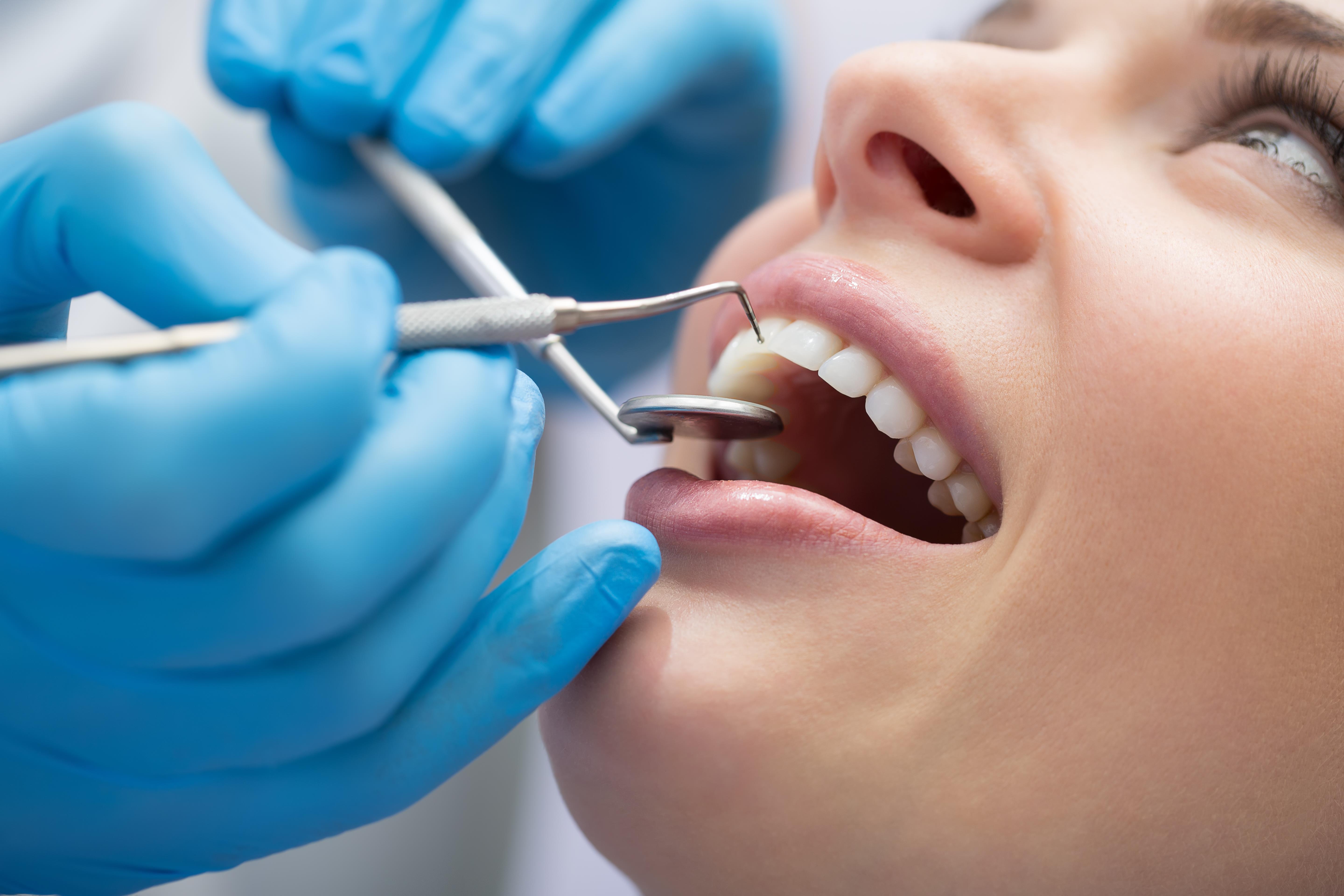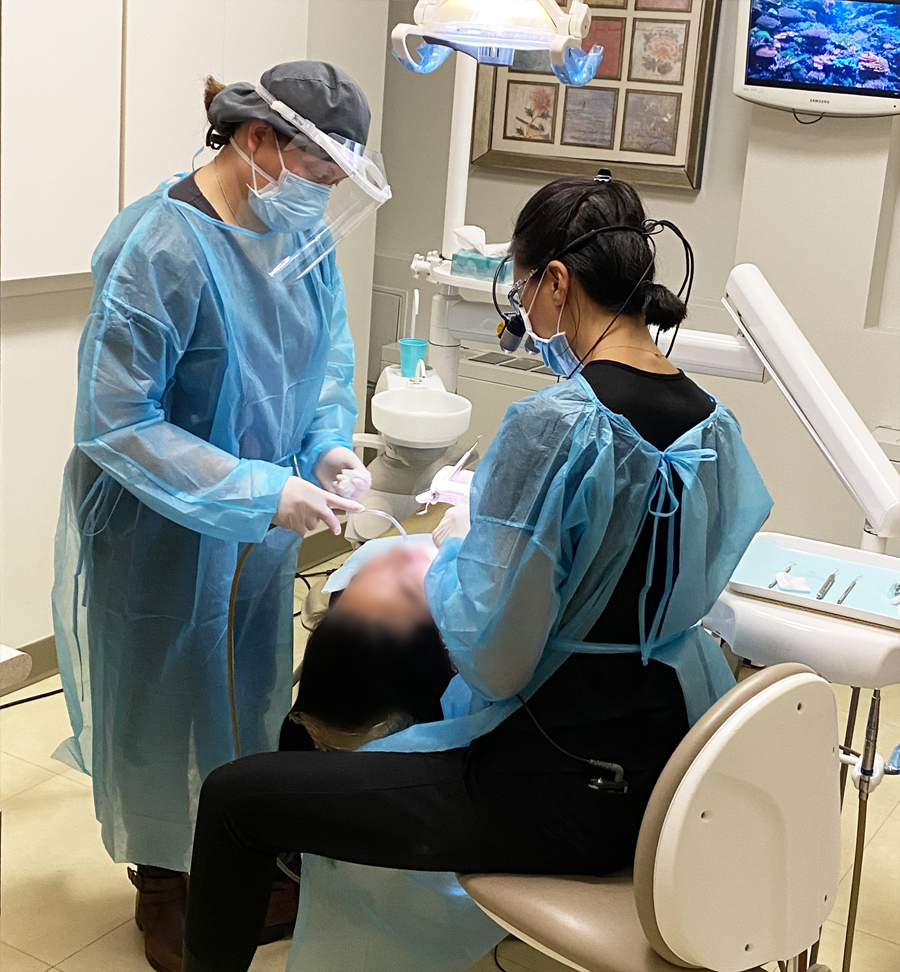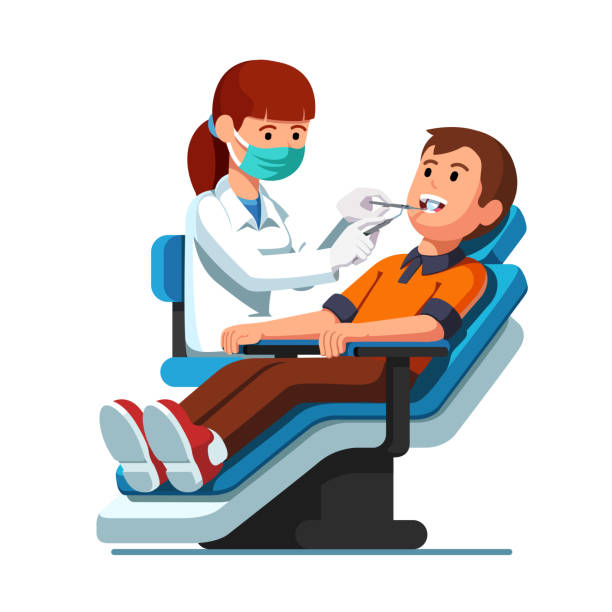Why Veneers Are the Perfect Remedy for a Stunning Smile in Washington DC
Why Veneers Are the Perfect Remedy for a Stunning Smile in Washington DC
Blog Article
Usual Inquiries About Dental Veneers Answered
Dental veneers have actually come to be a significantly desired choice for those seeking to improve their smiles, yet many people continue to be unsure about various facets of their use. Key inquiries usually develop relating to the application process, long life, and prospective risks related to these aesthetic enhancements. The difference in between porcelain and composite veneers can significantly affect one's option. As we discover these typical inquiries, it comes to be vital to consider not just the benefits however also the effects of selecting oral veneers in pursuit of an extra confident look. What elements should one consider before making such a choice?
What Are Dental Veneers?
Oral veneers are slim, custom-made shells crafted from porcelain or composite material that are made to cover the front surface of teeth. These dental prosthetics serve both functional and aesthetic objectives, giving a service for different oral imperfections, including discoloration, chips, spaces, and imbalance. By sticking to the teeth, veneers can significantly enhance the overall appearance of a smile, producing a much more consistent and eye-catching appearance.
Porcelain veneers are specifically favored for their natural translucency and tarnish resistance, making them a perfect option for people looking for long-lasting results. In contrast, composite material veneers are usually less costly and can be applied in a single visit, yet they may not provide the same durability as porcelain choices.
The choice to select oral veneers often stems from a wish for aesthetic enhancement, however people need to additionally consider factors such as the longevity of the material, maintenance requirements, and the potential need for tooth reduction (Veneers). Ultimately, dental veneers represent a versatile and effective remedy for achieving a radiant smile, providing to specific aesthetic requirements while promoting confidence and self-esteem
How Are Veneers Applied?
The application procedure for veneers calls for cautious planning and precision to ensure optimum outcomes. The treatment usually begins with a comprehensive assessment, where the dental professional assesses the patient's oral wellness, talks about desired end results, and establishes the proper sort of veneers, whether porcelain or composite material.
As soon as the treatment strategy is developed, the dental professional prepares the teeth by removing a slim layer of enamel, typically about 0.5 mm to 1 mm, to suit the veneer. This step is crucial as it makes certain an appropriate fit and prevents the veneers from showing up bulky - Low Cost Veneers. After prep work, impressions of the teeth are required to create custom-made veneers that match the client's one-of-a-kind dental framework and aesthetic choices
While the long-term veneers are being produced in an oral laboratory, short-term veneers might be positioned to protect the prepared teeth. When the irreversible veneers are all set, the dental professional will very carefully bond them to the teeth making use of a solid dental adhesive.
What Are the Advantages?

Furthermore, veneers are recognized for their resilience and resistance to tarnishing compared to natural teeth. Made from top notch materials such as porcelain or composite resin, they can preserve their look for years with proper care. This Full Report long life makes have a peek here them a practical investment in one's dental look.
Along with visual improvements, veneers can likewise add to boosted dental health. By covering damaged or compromised teeth, they can supply added assistance and protection, assisting to avoid additional decay or damage. This safety facet can decrease the requirement for a lot more comprehensive oral procedures in the future.

For How Long Do They Last?
With appropriate treatment and maintenance, dental veneers can last anywhere from 10 to 15 years, making them a durable solution for improving one's smile. The long life of veneers largely depends upon the product used, the high quality of the preliminary positioning, and the patient's adherence to oral health techniques.
Porcelain veneers are known for their resilience and resistance to discoloration, generally lasting closer to the 15-year mark when looked after properly. Compound veneers, while more affordable, may need replacement faster, usually within 5 to 10 years due to their susceptibility to use and staining.

Additionally, using a mouthguard throughout sporting activities or nighttime can provide added defense. Eventually, while veneers offer a considerable visual improvement, their longevity is substantially affected by the commitment to appropriate oral treatment and normal assessments with an oral specialist.
Exist Any Dangers?
Taking into consideration the transformative results of dental veneers, it is essential to acknowledge the prospective dangers connected with their application. While veneers can boost the appearance of teeth, the procedure involves the removal of a thin layer of enamel, which can enhance tooth sensitivity and susceptability to degeneration.
One substantial threat is the opportunity of inappropriate positioning or suitable, bring about pain, bite imbalance, or perhaps damages to the underlying tooth framework. In addition, if the veneers are not kept effectively, they can come to be blemished or damaged with time, demanding substitute.
People might likewise experience sensitive reactions to the materials used in the veneers, particularly if they have level of sensitivities to particular oral compounds. Additionally, while veneers are long lasting, they are not unbreakable; too much pressure from clinching or grinding can result in cracks.
It is essential click this link for patients to seek advice from with a qualified oral professional to evaluate their private risks and to adhere to aftercare directions faithfully. By recognizing these threats, people can make informed choices regarding their dental veneer treatment and guarantee the durability and success of their enhancements.
Final Thought
In recap, dental veneers stand for a useful cosmetic service for boosting smiles, with factors to consider regarding their application, advantages, longevity, and connected risks. Their performance is influenced by variables such as the option of product, with porcelain offering exceptional durability contrasted to composite options. Appropriate treatment and maintenance are essential to maximize the life expectancy of veneers. Ultimately, notified decision-making regarding dental veneers can bring about satisfying visual outcomes and enhanced oral health.
Oral veneers are thin, customized shells crafted from porcelain or composite material that are made to cover the front surface of teeth. After prep work, perceptions of the teeth are taken to create personalized veneers that match the client's distinct dental structure and aesthetic choices.
While the long-term veneers are being made in an oral research laboratory, temporary veneers may be placed to safeguard the prepared teeth. When the long-term veneers are ready, the dental practitioner will carefully bond them to the teeth using a strong dental adhesive. Ultimately, informed decision-making concerning dental veneers can lead to acceptable aesthetic outcomes and improved dental health.
Report this page